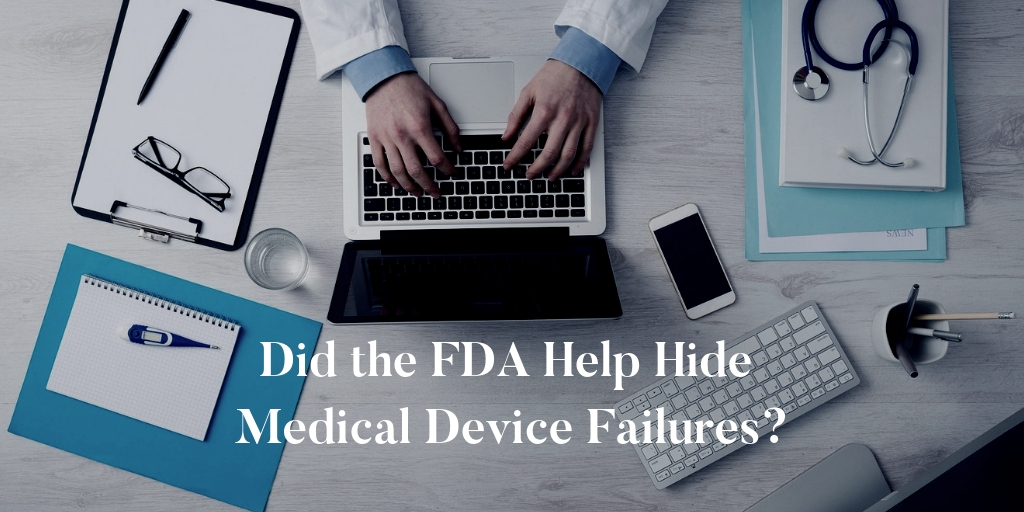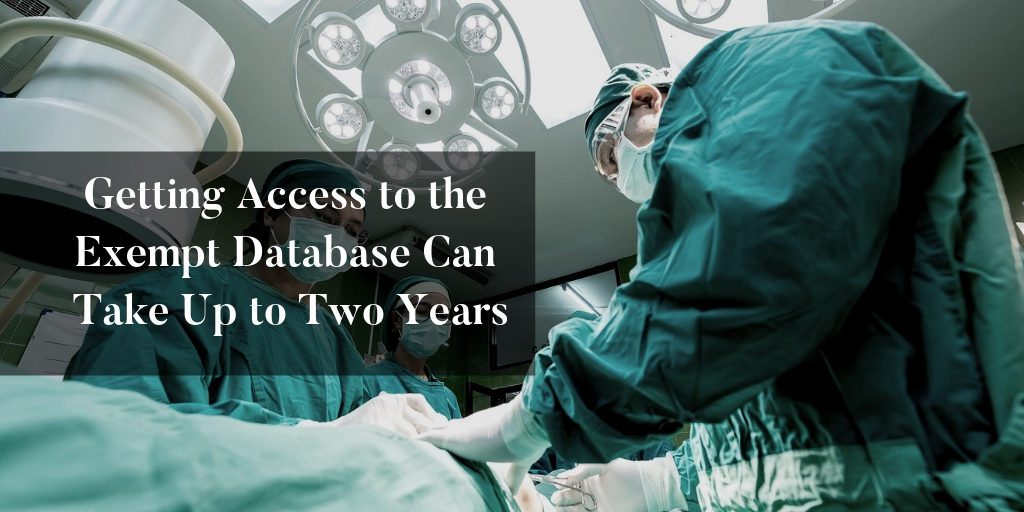
The Food and Drug Administration is a federal agency that wears many hats. One of these hats is supervising and controlling medical device manufacturers for the safety of the public. The FDA maintains a public database of medical device failures, injuries and deaths. This database is a helpful resource used by physicians and surgeons to track and report failures or malfunctions.
This helps keep us all safe. If there’s a pattern of consistent failures from certain products or manufacturers, the medical community can stop using them. We rely on the database to be a public, transparent source of valuable information. Is it though?
FDA Allows Reporting Exemptions for Select Few
After a Pittsburgh surgeon experienced a surgical stapler malfunction, he went straight to the source. After checking the public database, he was surprised to see that there were no reported failures for his stapler. Even more surprising, many of his peers had reported similar failures, yet there was no record in the FDA database.
An investigation by Kaiser Health News revealed some disturbing news. The FDA had created a separate network of reports that were hidden from doctors and the public. This separate repository was used by certain manufacturers the FDA had given special exemptions to. While deaths caused by the devices from these companies still had to be publicly reported, failures and injuries were not publicly available.
Since 2016, more than 1 million failures or injuries have been reported to this hidden database.
- In 2016, only 84 stapler injuries or malfunctions were published on the public database
- That same year, almost 10,000 stapler malfunctions or injuries were added to the obscured database
That means that less than one percent of the true number of stapler failures and injuries were made available to the public.
An Open Secret and Exempt Companies
According to the FDA, this hidden database was created to make reporting and recording easier for their administration. A spokesperson for the administration confirmed that neither the public nor the medical community was informed of this registry for exempted manufacturers.
How can doctors and the public access this important information, you might ask? At present, the hidden database and a list of exempted companies can be accessed by filing a Freedom of Information Act request.

The turnaround time on filing this request can be up to 2 years of waiting.
This should be a cause for concern for both the public and the medical community. If there is no transparency, doctors and surgeons may continue to use devices that are known to experienced frequent failures.
This can lead to more costly procedures, more serious injuries and even death in extreme cases. We should all have access to this information.
It’s not only the medical community that this affects, it can have a detrimental effect on all of us. This is a story I’ll be watching closely to see how it develops. I’m sure there will be more blog posts to follow as we dive deeper into this shocking story.
Contact Brooks Law Group
In our more than 25 years of service, we’ve developed the skill and knowledge needed to secure compensation in your injury case. If you believe that you or a loved one was injured by a medical device malfunction, you need the team at Brooks Law Group.
Our attorneys and staff are dedicated to providing the best client experience possible from the moment you contact our office. For your free consultation, call our offices at 1-800-LAW-3030 or fill out our Case Evaluation form online.
If you’ve been injured, you need a skilled medical device lawyer. You need to Look to Brooks!













